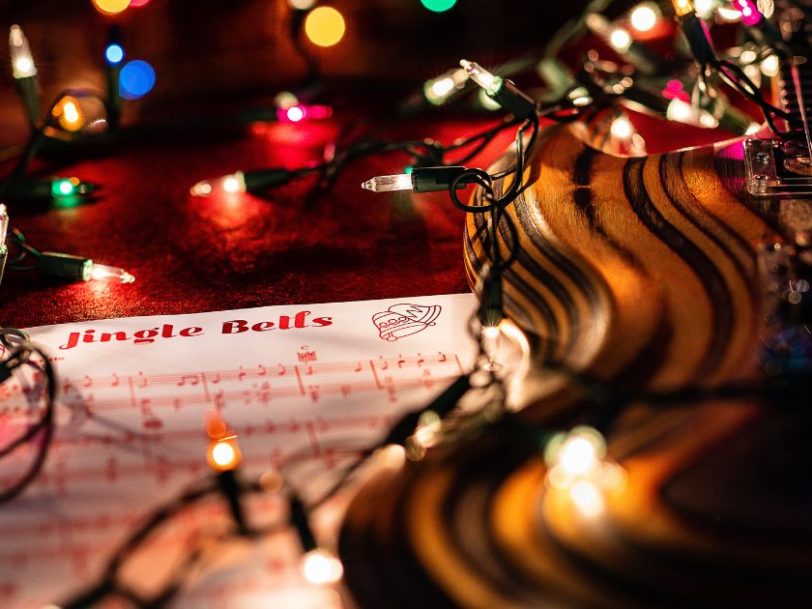It’s regarded as one of the best Christmas songs of all time, but Jingle Bells wasn’t actually written to be a Christmas song at all. Take a look at its lyrics – you’ll see plenty of snow and wintry frivolity, but nothing specifically linking the song to the holiday season. Not only that, but much of Jingle Bells’ history has been disputed, too, as two separate towns have claimed to be the birthplace of the song, which one historian has said was more or less cobbled together from ideas found in other popular tunes of the era.
So how did Jingle Bells become one of the most beloved Christmas songs of all time? Here’s the full story. Expect rivalries, space travel and a lot of horseplay…
Listen to the best Christmas songs here.
Who wrote Jingle Bells?
Jingle Bells was originally written in the 1850s by James Lord Pierpont, a composer, organist and Confederate soldier who was also uncle to JP Morgan, the investment banker behind the multinational financial corporation of the same name. But exactly where and when Pierpont wrote Jingle Bells is the subject of some disagreement. At 19 High Street, in Medford, Massachusetts, a plaque claims that Pierpont “wrote the song Jingle Bells in the presence of Mrs Otis Waterman, who later verified that the song was written here” in 1850, in what was then the Simpson Tavern. However, over 1,000 miles south, in Troup Square, Savannah, Georgia, a different plaque claims that Pierpont wrote Jingle Bells seven years later, while serving as the organist and musical director of the city’s Unitarian Universalist Church.
Further research has suggested that Pierpont, who had been born in Boston, Massachusetts, in 1822, had moved away from his home state as early as 1849, when he left his first wife and family behind in order to take part in the California Gold Rush. And it’s true that Jingle Bells was only copyrighted in 1957, which would have made for an unusually long time between writing the song and claiming ownership of it, had Pierpont remained in Medford and penned Jingle Bells in 1850.




